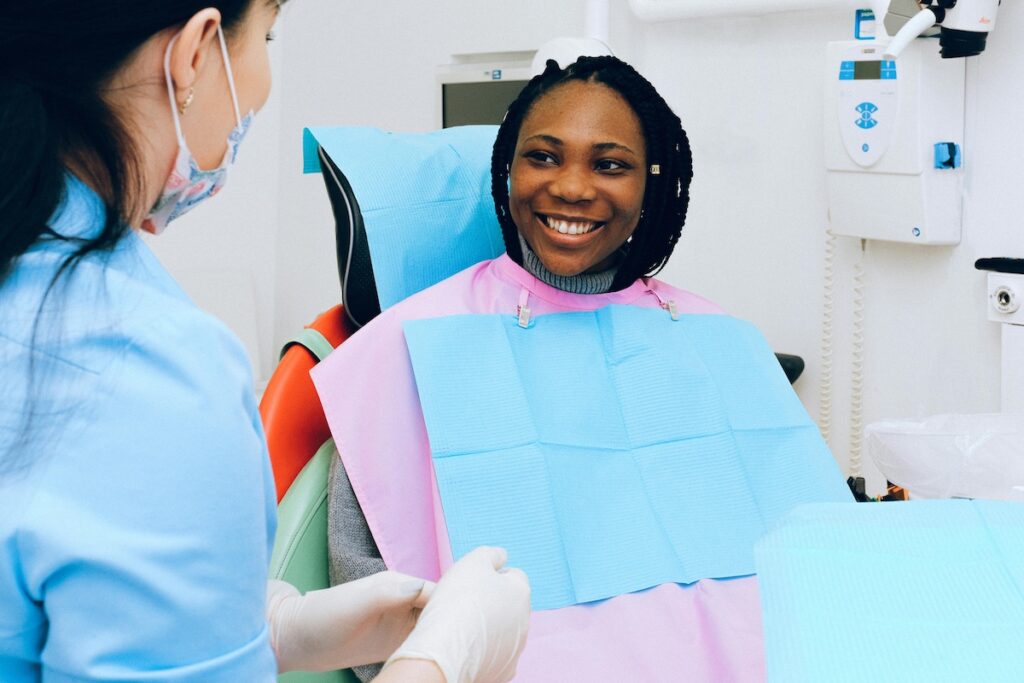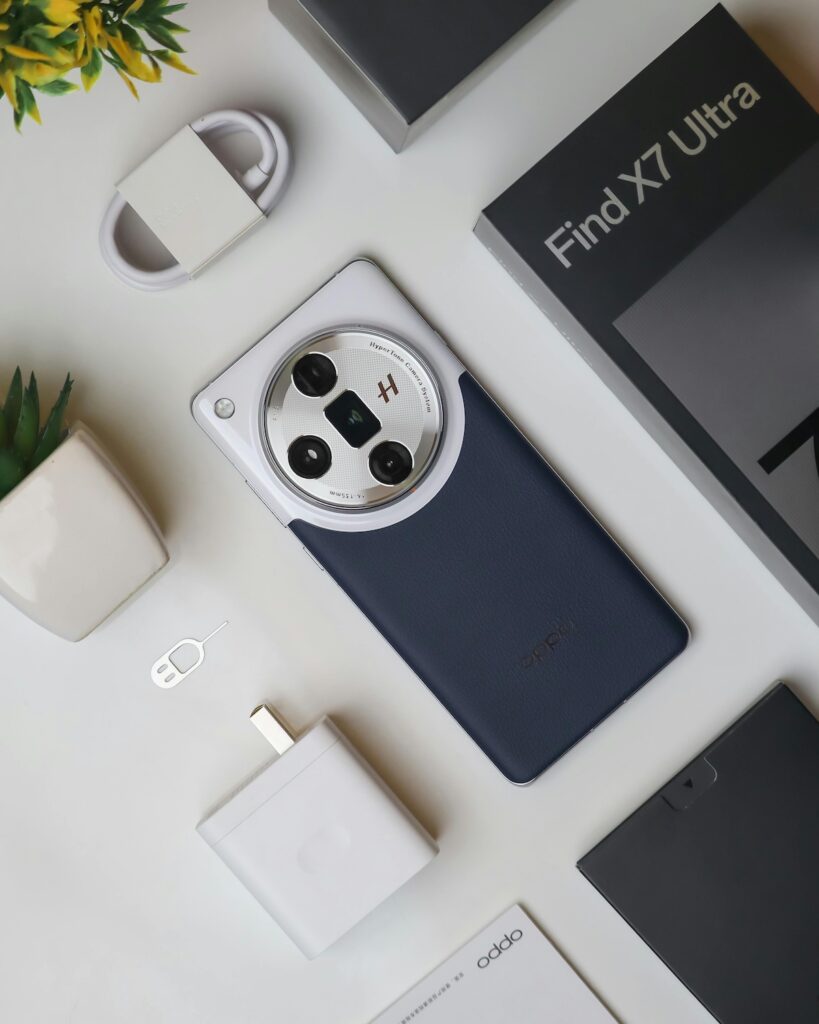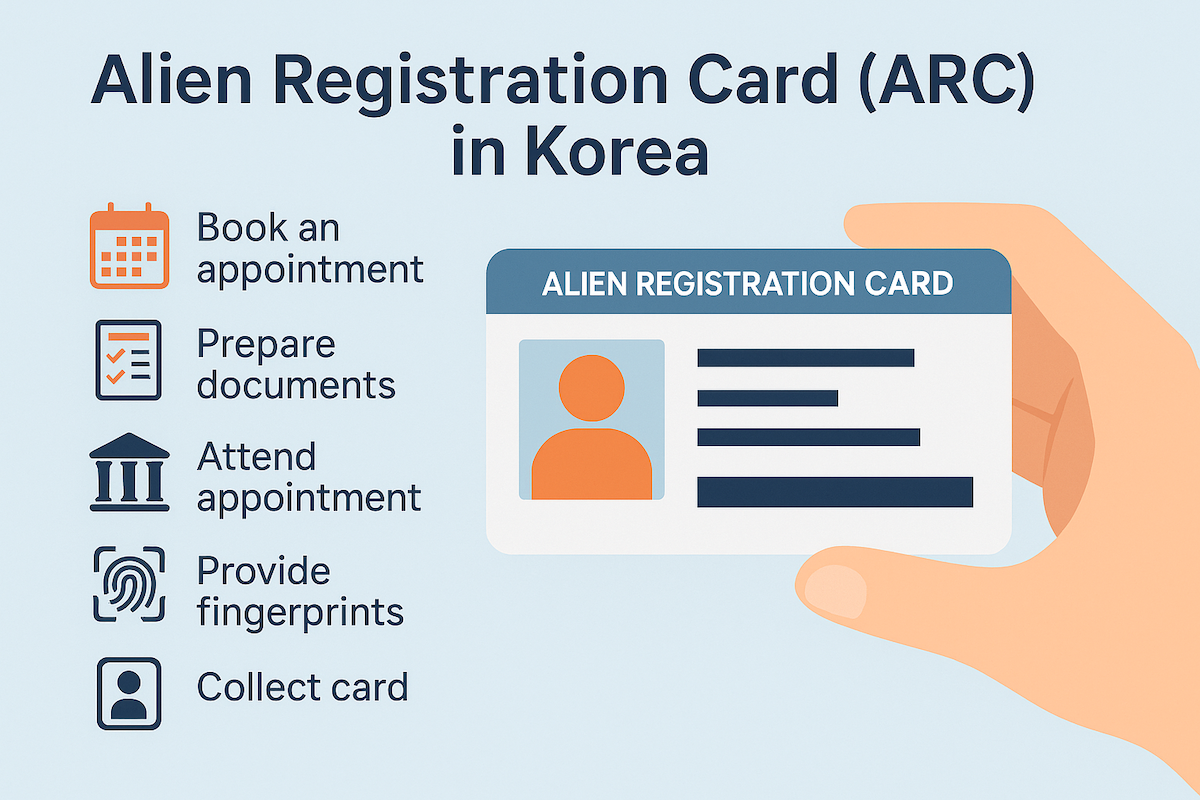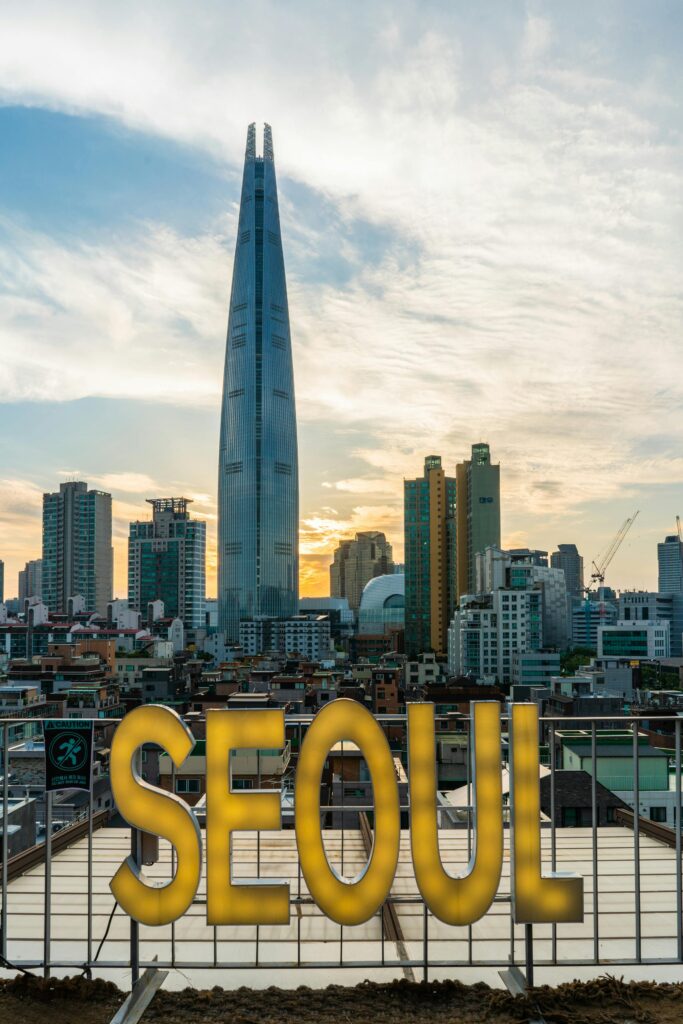Introduction: Why You Need an English-Speaking Hospital in Korea
Living in Seoul as a foreigner comes with incredible experiences—world-class public transport, rich culture, and some of Asia’s best food.
But when it comes to healthcare, the language barrier can turn even a minor doctor’s visit into a confusing ordeal.
Medical terms, insurance paperwork, and prescriptions are hard enough in your native language—imagine trying to explain symptoms or allergies in Korean.
That’s why English-speaking hospitals in Seoul are a vital resource for expats, students, and visitors alike.
Fortunately, South Korea’s capital is home to dozens of hospitals and clinics equipped with multilingual staff, professional interpreters, and international patient centers.
These facilities understand foreign patients’ needs—from appointment booking to direct insurance billing.
This guide will help you navigate everything:
✅ Which hospitals in Seoul offer English-speaking care
✅ How to book appointments
✅ What to expect in costs and insurance
✅ Expat-friendly clinics for quick visits
✅ Real emergency numbers and patient tips
1. Understanding Korea’s Healthcare System
South Korea’s healthcare system is universal and highly efficient, offering advanced medical services at comparatively affordable prices.
Most residents are covered under the National Health Insurance (NHI) program.
Foreigners with valid visas (staying 6 months or more) are also eligible to join.
Key facts for foreigners:
- Emergency number: ☎ 119 (ambulance/fire)
- Police: ☎ 112
- Most major hospitals operate International Health Care Centers (IHCC) or Global Clinics
- Doctors are highly qualified, many trained abroad
- Prescriptions are filled at external pharmacies (약국, yakguk) near the hospital
If you’re new in Korea, your first hospital visit can feel different—but once you understand the system, it’s fast and well-organized.
2. Top English-Speaking Hospitals in Seoul
Here are Seoul’s most reputable hospitals known for English support, international patient care, and global medical standards.
🏥 1. Severance Hospital (Yonsei University Health System)
Location: Sinchon, Seodaemun-gu
Why it’s popular:
- One of Korea’s oldest and most trusted hospitals
- Operates an International Health Care Center (IHCC) with full English service
- Provides interpreters for 10+ languages
- Specialized departments: oncology, orthopedics, internal medicine, surgery
Pro Tip:
Email IHCC before your visit—they’ll assign a coordinator who stays with you through check-in, consultation, and payment.
🏥 2. Samsung Medical Center
Location: Gangnam-gu, Seoul
Highlights:
- Global Healthcare Center for international patients
- Advanced medical technology and diagnostics
- VIP checkup packages
- Staff fluent in English, Chinese, Japanese
Ideal for: Executive health checks, complex surgeries, and international insurance clients.
🏥 3. Asan Medical Center
Location: Songpa-gu, near Olympic Park
Highlights:
- Korea’s largest general hospital by patient volume
- Highly rated for cardiology, oncology, and transplantation
- English-speaking staff at the International Clinic
- Offers telemedicine support for expats
Note: It’s massive—plan extra time for navigation within the hospital complex.
🏥 4. Seoul National University Hospital (SNUH)
Location: Jongno-gu, Seoul
Highlights:
- World-class academic hospital
- Strong emergency department (24/7)
- International Healthcare Center with English interpreters
- Offers second opinions and detailed medical documentation in English
🏥 5. Seoul St. Mary’s Hospital (Catholic University Medical Center)
Location: Banpo-dong, Seocho-gu
Highlights:
- Multilingual support: English, Chinese, Russian
- Excellent women’s and internal medicine departments
- Warm atmosphere, strong patient care follow-up
🏥 6. CHA Gangnam Medical Center
Location: Gangnam-gu, Seoul
Highlights:
- Famous for women’s health and fertility (IVF treatments)
- English support via International Clinic
- Preferred by medical tourists
🏥 7. Soonchunhyang University Hospital (Hannam)
Location: Yongsan-gu
Highlights:
- Centrally located near Itaewon
- English-speaking nurses and coordinators
- Good for general internal medicine and ER
3. Booking an Appointment
Options to book:
- Online: Most hospitals have English versions of their websites.
- Phone: Ask for the “International Health Care Center.”
- Email: For planned visits or second opinions.
- Walk-in: Available at some hospitals for non-specialist care.
What to Bring:
- Passport or Alien Registration Card (ARC)
- Insurance documents (if applicable)
- Previous medical records
- Korean phone number (often required for SMS confirmations)
Tip:
If your Korean level is low, use KakaoTalk or Naver Papago for text-based communication before your visit.
4. Services Available in English
Most major Seoul hospitals provide English-language service for:
- General medicine
- Pediatrics
- Surgery
- Orthopedics
- Dermatology
- Obstetrics & Gynecology
- Dentistry
- Mental health counseling
- Emergency care
- Health check-ups and vaccinations
Additional support:
- On-site interpreters
- Translation of test results
- 24-hour emergency response in English
- Direct billing for some global insurers (e.g., Cigna, Allianz)
5. Costs and Insurance Options
Korean healthcare is affordable compared to Western countries, but costs vary by service.
| Type | Without Insurance | With NHI or Global Insurance |
|---|---|---|
| Basic consultation | ₩30,000–70,000 | ₩15,000–40,000 |
| Specialist visit | ₩50,000–100,000 | ₩25,000–60,000 |
| ER visit | ₩100,000+ | ₩50,000–80,000 |
| MRI / CT scan | ₩200,000–600,000 | Partial coverage |
| General checkup | ₩100,000–300,000 | 20–40% discount |
Pro Tips:
- Always confirm whether the hospital accepts your insurer.
- Ask about “direct billing” to avoid paying out-of-pocket first.
- Register for National Health Insurance (NHI) if you’re a long-term resident—it dramatically reduces costs.
6. English-Speaking Private Clinics
Not all issues require large hospitals.
For quick visits, vaccinations, or prescription refills, try English-speaking clinics in foreigner-friendly areas.
Itaewon & Yongsan:
- Seoul Foreign Clinic
- International Clinic (Hannam)
Gangnam:
- Doctor Woo’s Clinic
- Kwangdong Oriental Medical Center (for acupuncture and herbal care)
Mapo (Hongdae):
- Dr. Sung’s Clinic
- Itaewon International Dental
Pros of smaller clinics:
- Shorter wait times
- Lower costs
- Personal relationships with doctors
7. Mental Health and Counseling in English
Mental health is gaining attention in Korea, and English-speaking services are expanding.
Recommended options:
- Seoul Counseling Center (Itaewon / Gangnam)
- Adaptable Human Solutions (AHS)
- Community Church Counseling (Yongsan)
All offer licensed therapists fluent in English, and many accept online appointments.
8. Emergency & After-Hours Support
Emergency Numbers:
24-hour English Support Line:
- 1330 (Korea Travel Hotline – English, Chinese, Japanese)
Tip:
In emergencies, go directly to major hospitals with ER signs (응급실, eung-geup-sil).
9. Final Advice for Foreigners in Seoul
✅ Always register your visit with the International Health Care Center.
✅ Download the hospital’s mobile app—many offer English portals for results and payments.
✅ Keep your ARC and insurance card with you at all times.
✅ Save your nearest ER location in Google Maps or Naver Maps.
✅ For long-term expats, choose one hospital and stay consistent for record tracking.
10. Conclusion
Accessing healthcare in Korea doesn’t need to be stressful.
Seoul’s hospitals are world-class and becoming increasingly foreigner-friendly.
From major university hospitals like Severance and Asan to neighborhood clinics in Itaewon or Gangnam, you’ll find compassionate professionals who can explain your condition in English—and help you recover confidently.
So whether you live in Seoul or are just visiting, take time to note the hospitals nearest to your stay.
Knowing where to go before you need medical help can make all the difference.





